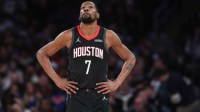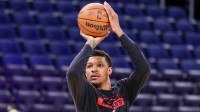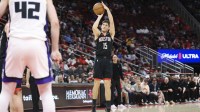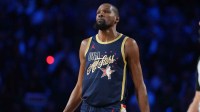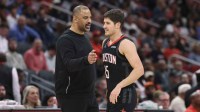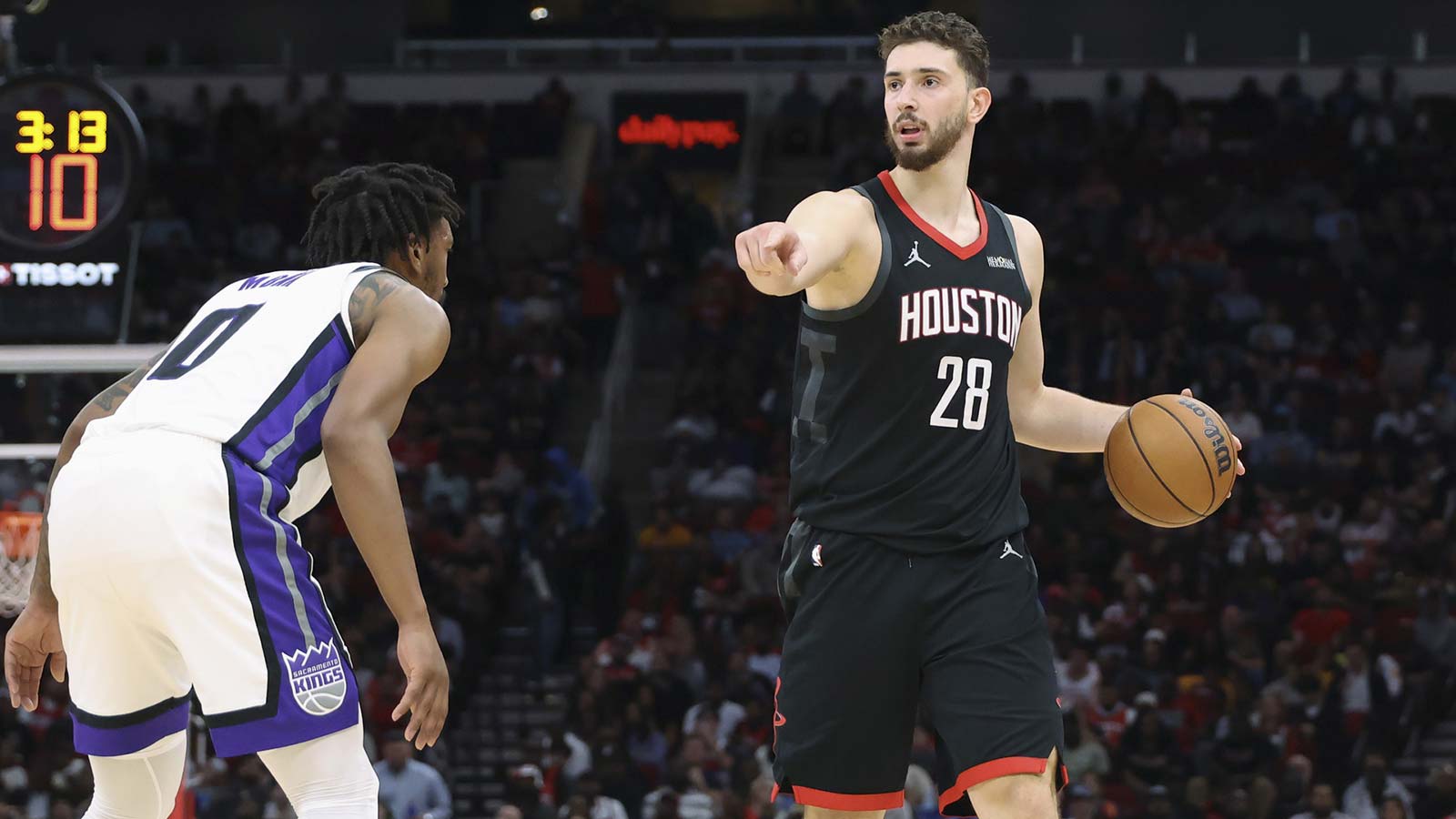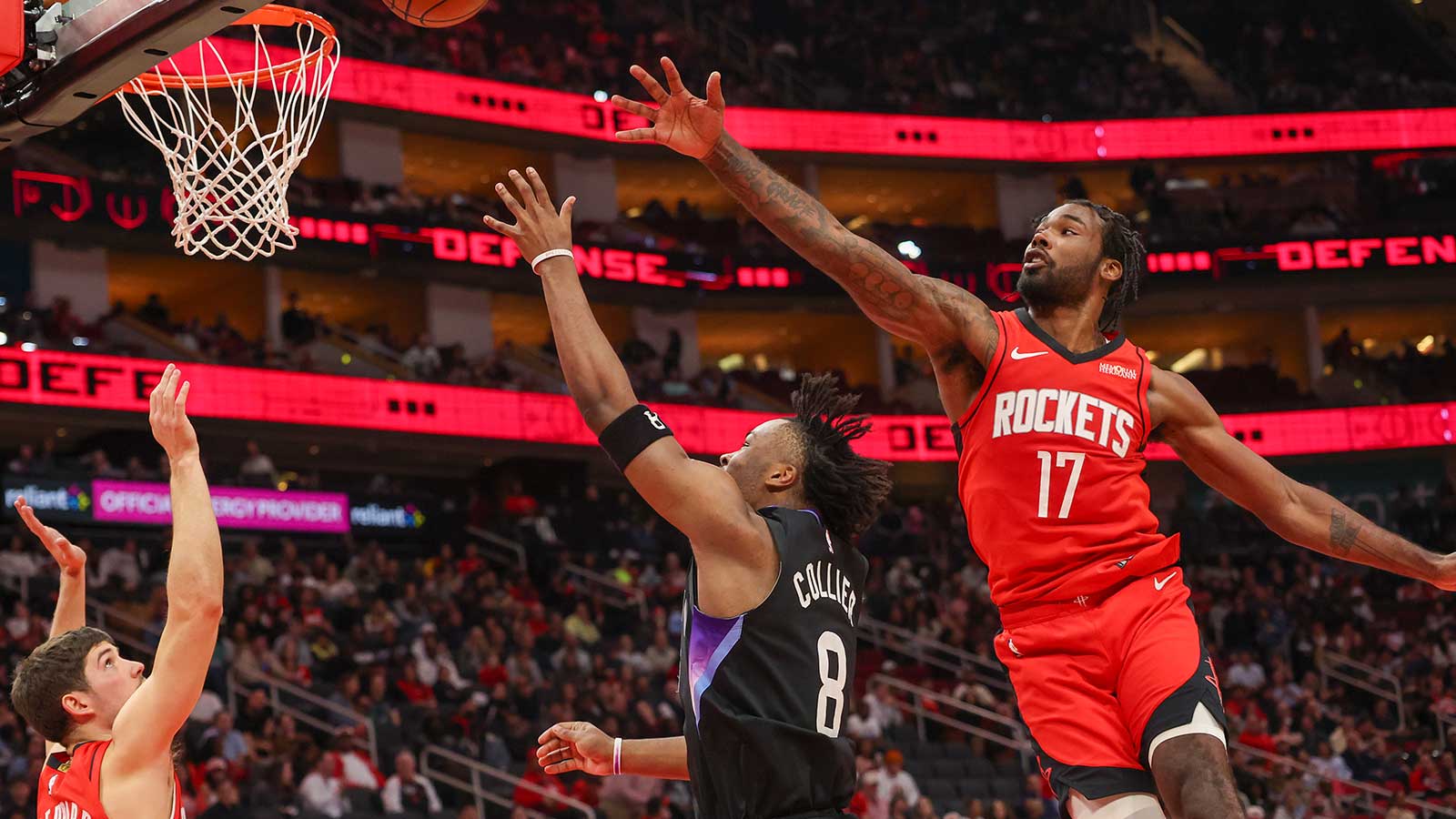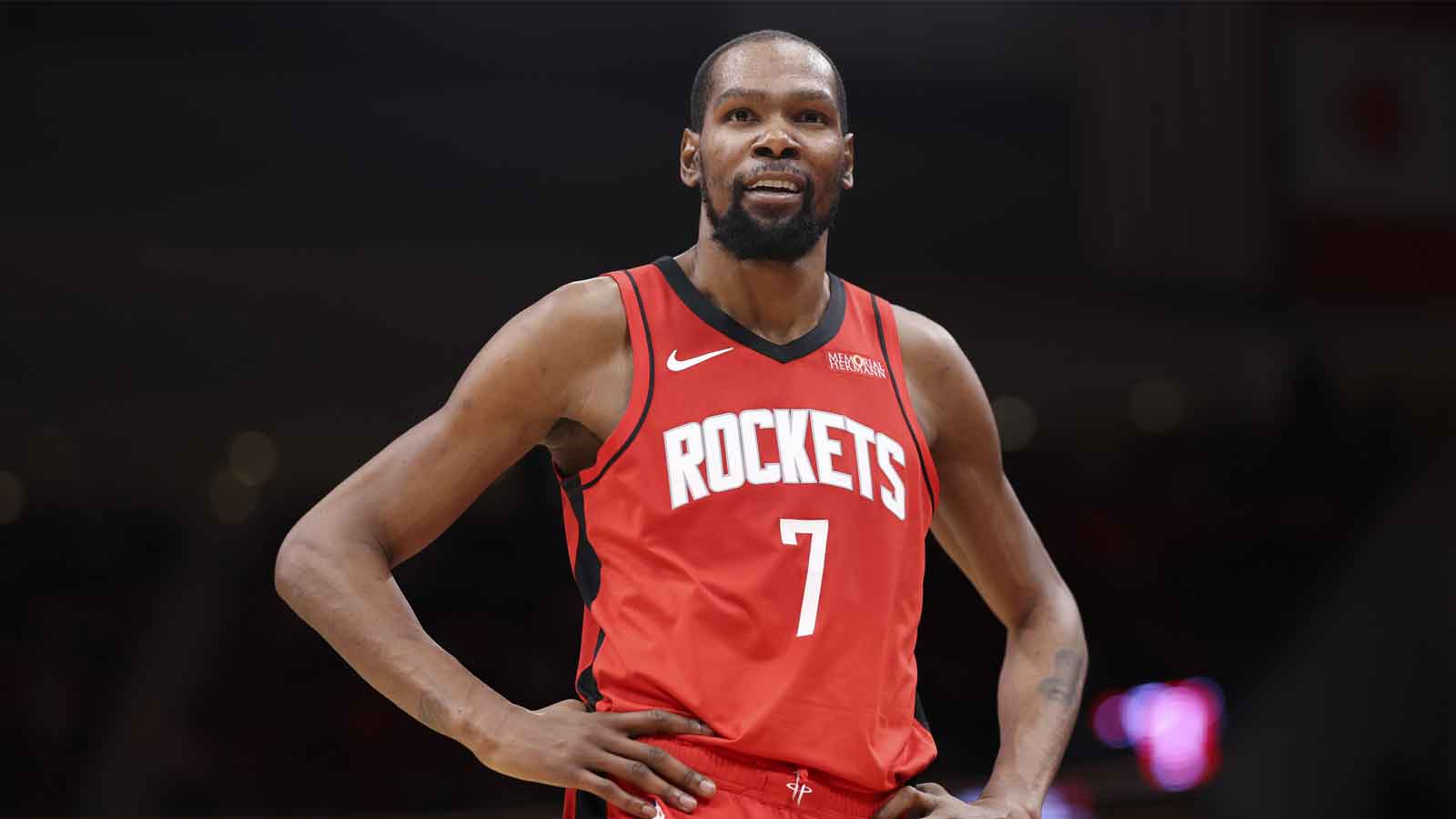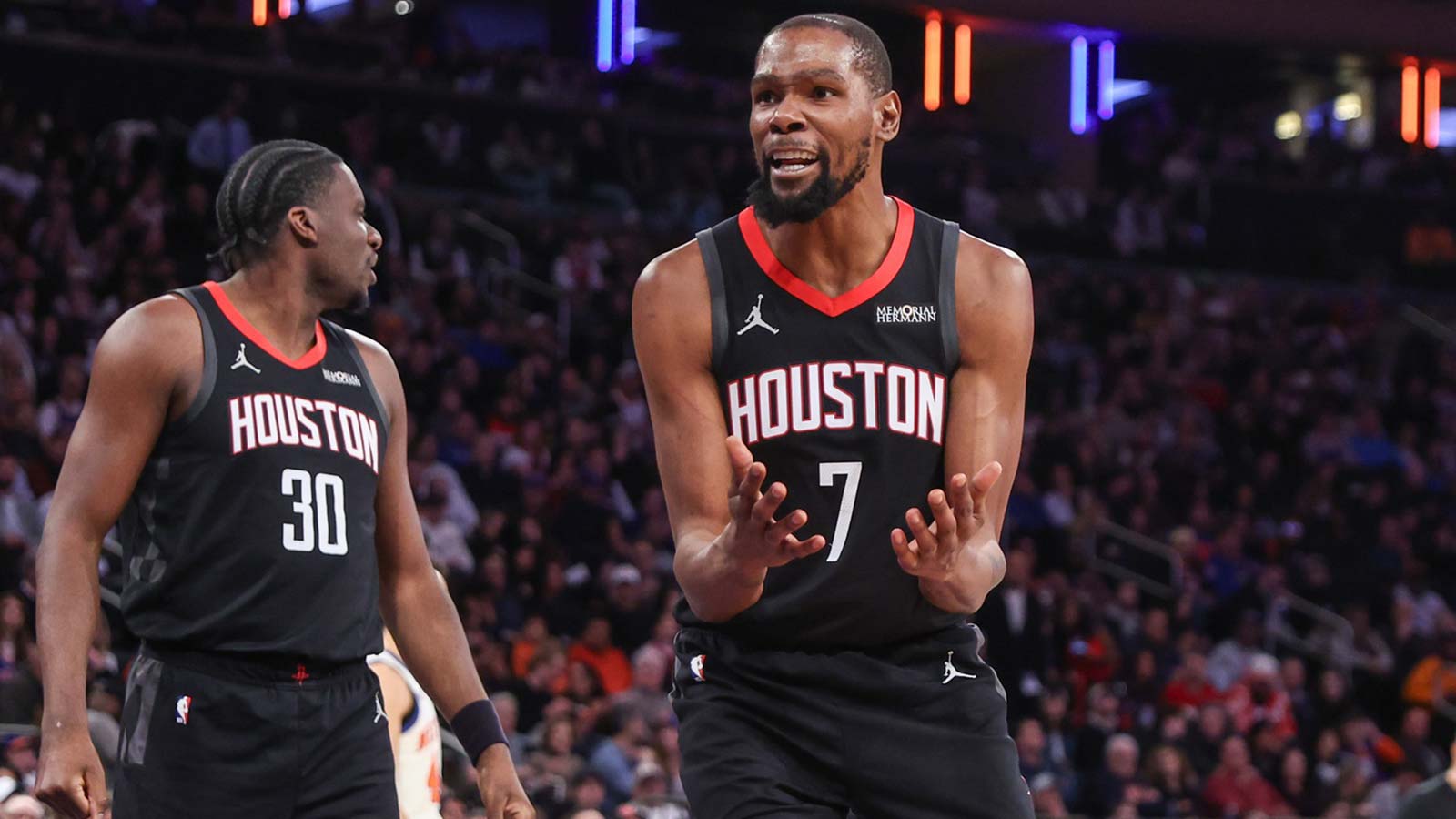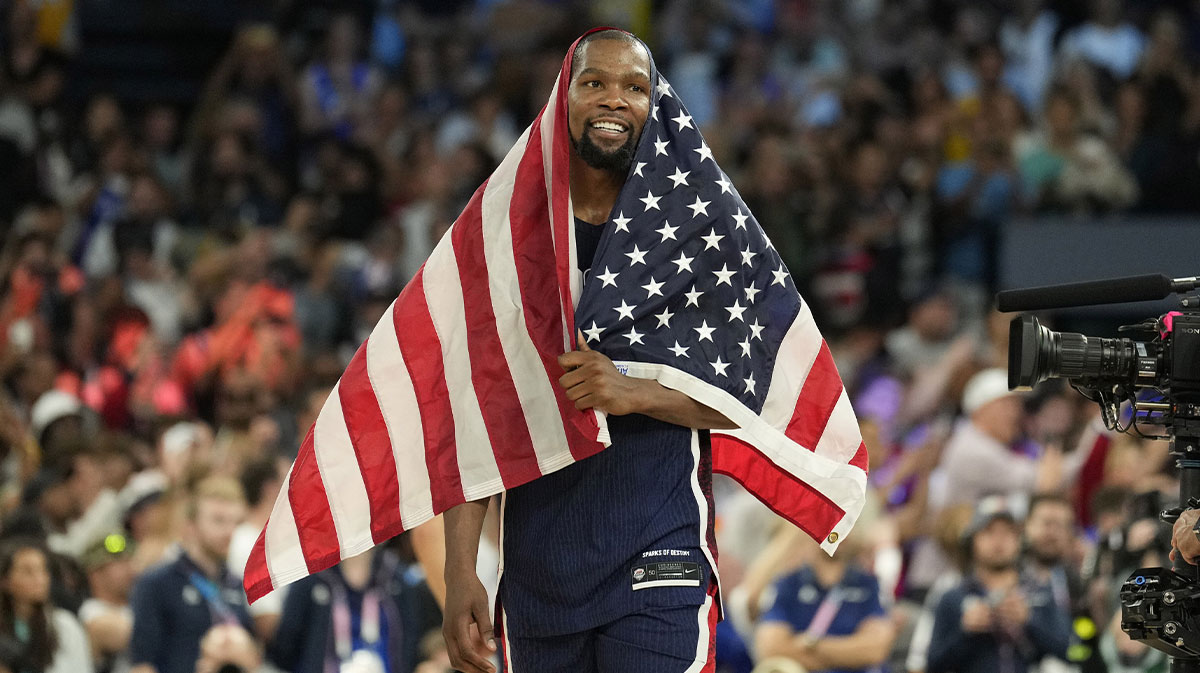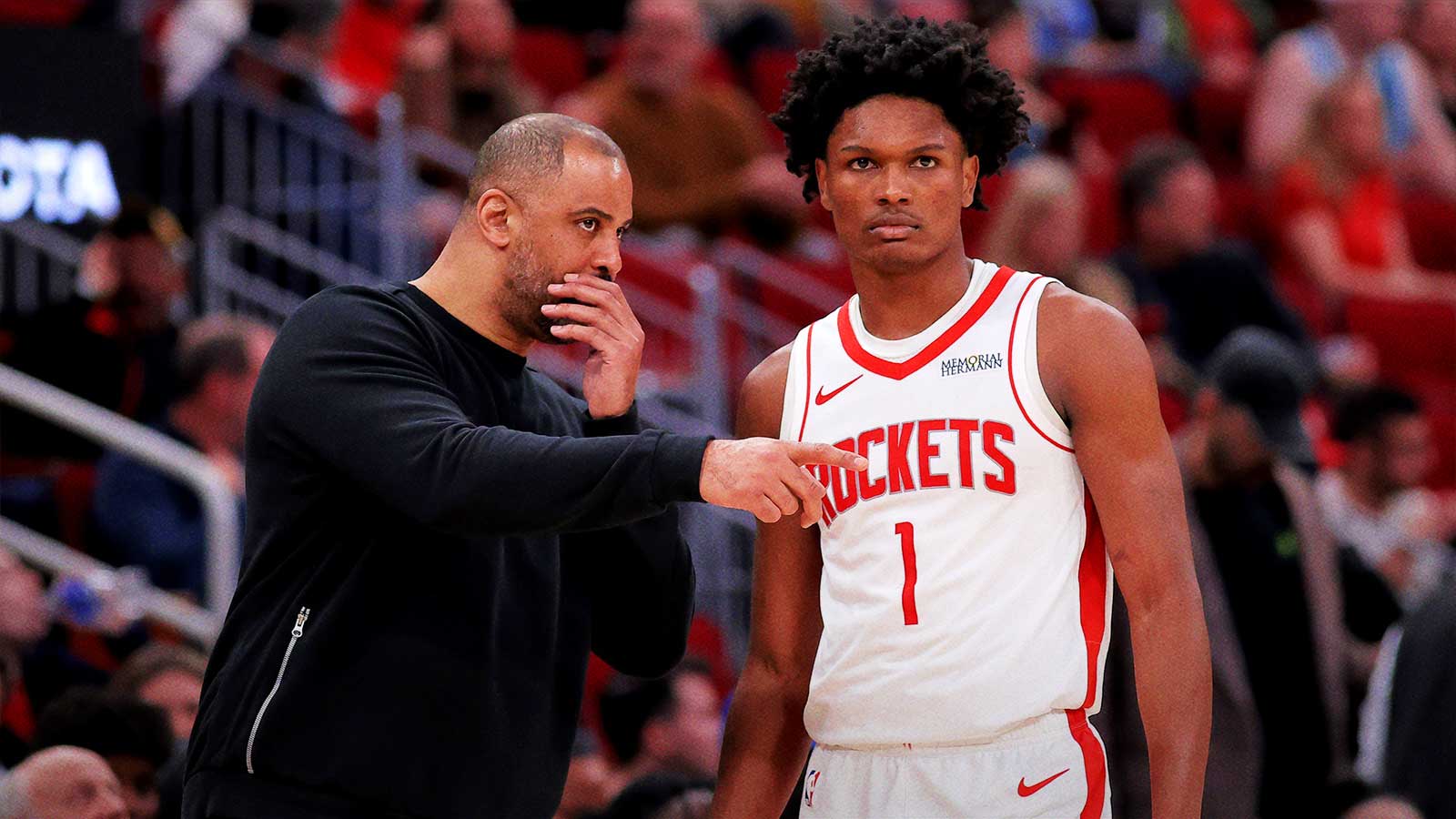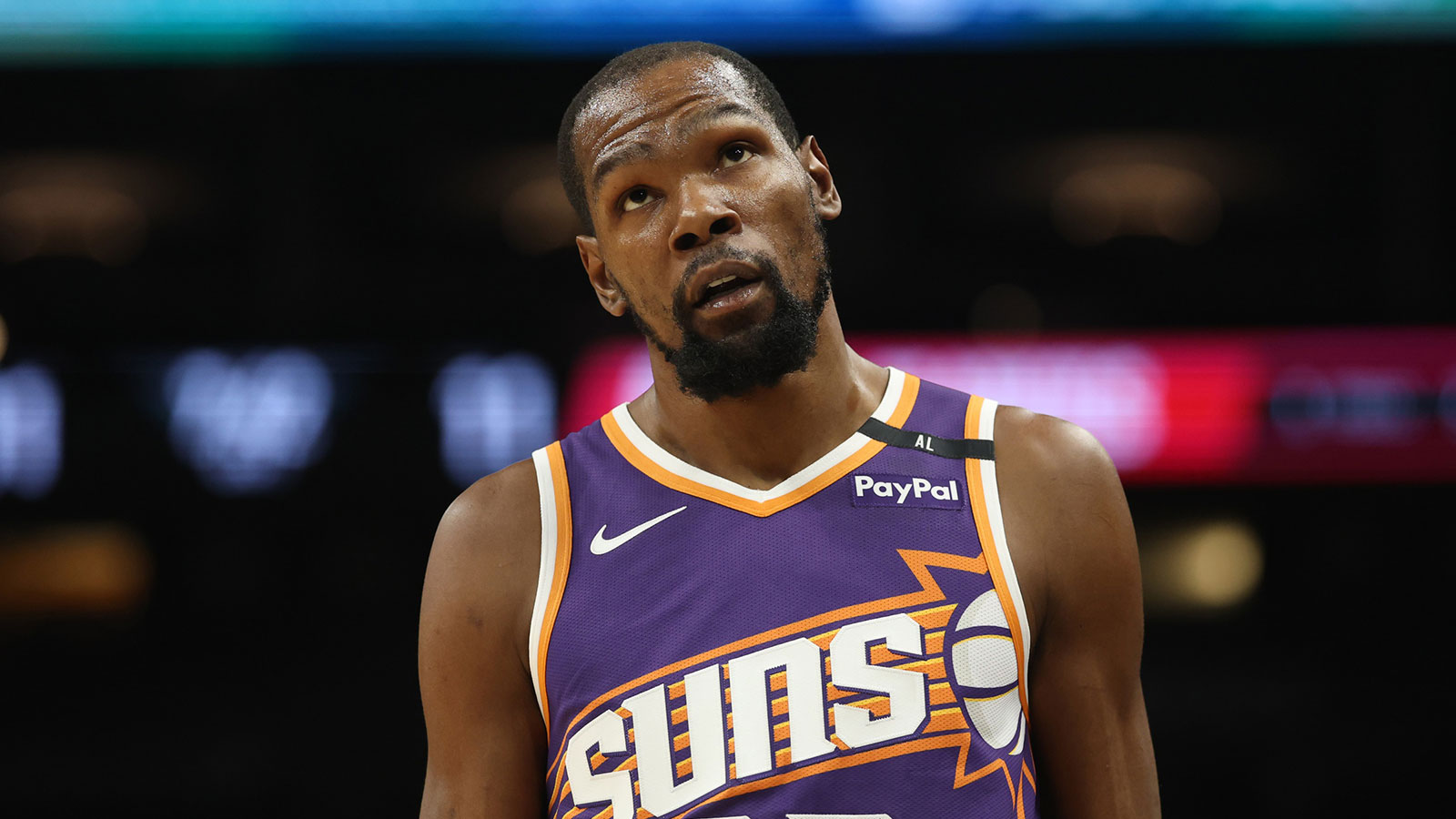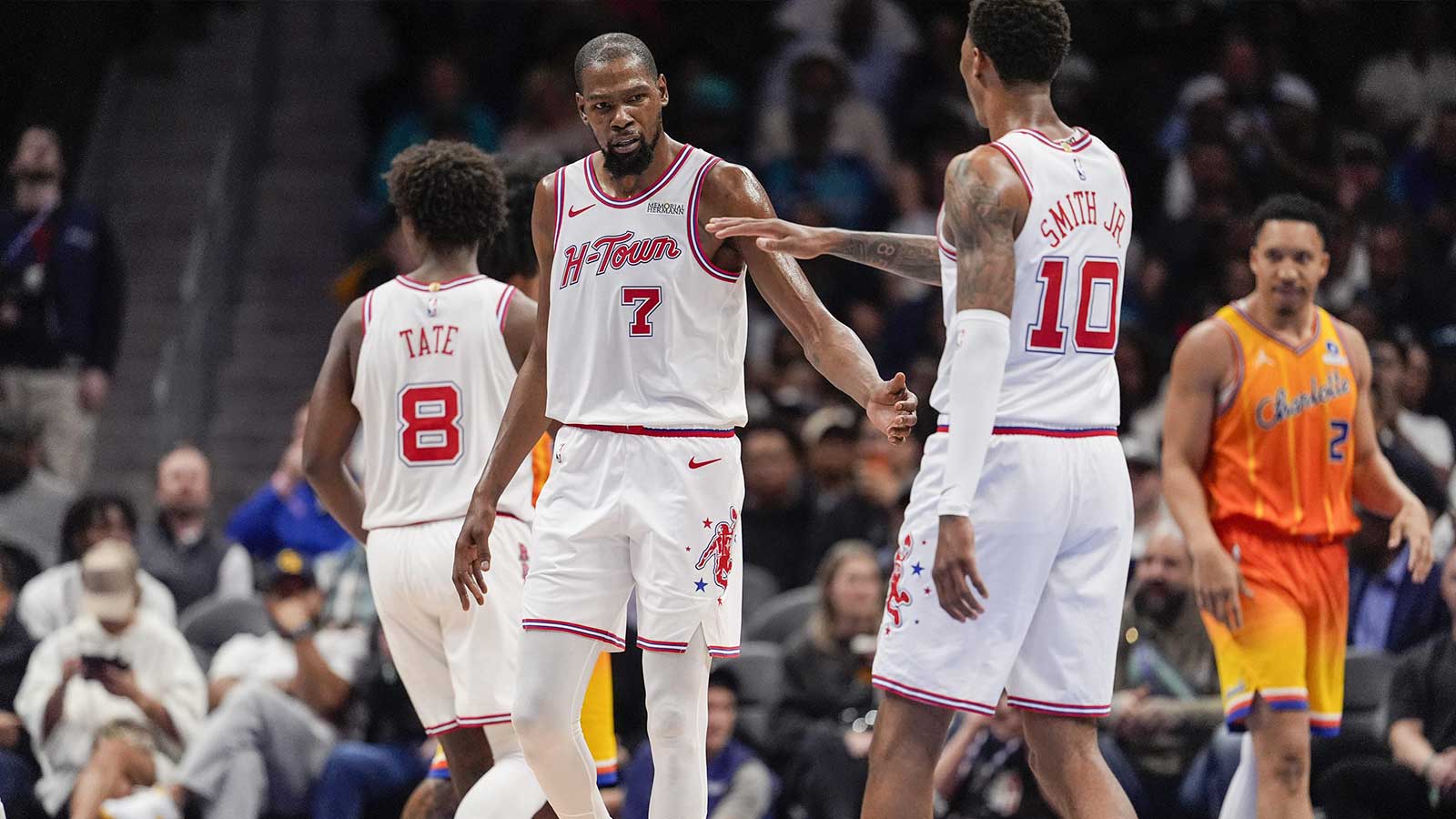Before Thursday, the Houston Rockets profiled as an obvious team to be active at the trade deadline. They're a rebuilding team in asset accumulation mode and have very good role players on reasonable contracts. A month ago it was a borderline given that veteran guard Eric Gordon would be moved for a first round pick and Christian Wood deals would at least be explored. Then as the deadline creeped closer, it started to look like Houston was uninterested in being an active participant at the deadline.
“I think we’re really comfortable with where we’re at. We do have a lot of picks out in the future, so there’s not some huge need that we have either on our current roster — or in terms of future assets — that we need to be aggressively pursuing.”
That is a direct quote from GM Rafael Stone two weeks ago in an interview with Kelly Iko. Iko also reported that it would be likely that Gordon and Wood would remain with Houston “barring an offer that could not be ignored”. That's important. We'll come back to that.
They are sellers who are far less motivated to deal than in previous seasons… With two picks in the next draft, if the Rockets are going to deal for more, they would value picks that would come in later seasons.
That is how Jonathan Feigen of the Houston Chronicle described Houston's thought process going into the deadline, which aligns with Stone's quote and Iko's reporting. The Rockets were only willing to accept a very specific kind of offer for veteran guard Eric Gordon and would not settle for anything less. At first glance, it's kind of admirable for Houston to have a conviction about this and sticking with it. It makes Houston's inaction at the trade deadline seem almost defensible.
The market is the market. You can't control what teams are willing to pay for your players. If your player isn't in as high demand as he should be, sometimes it could just be a case of bad luck. However, when you look at the totality of what the Rockets have been as a front office for the past fifteen months, you're starting to see a pattern develop. The Rockets seem to be very good at finding undervalued assets, but when it comes to maximizing the return for assets, they fall short quite frequently.
Other than Robert Covington deal made when Stone first got the GM title, Houston has basically sold off its' players at under market value or worse – they didn't sell them at all. While they may have maximized the draft pick compensation part of the James Harden trade, they completely botched the player return (notably, choosing Victor Oladipo over Caris LaVert). LaVert was traded for a first round pick and a second round pick that's so high, it may as well be a first round pick. Essentially, they gambled on Oladipo being more valuable than LaVert and the lost bet cost them two first rounders.
Then, they got to the trade deadline and instead of accepting an offer centered around second round picks for Oladipo – which was out there, they gambled again and took a Miami Heat first round pick swap instead. The pick swap is increasingly unlikely to convert this season, so this gamble cost them at least one second round pick. Then instead of re-signing Kelly Olynyk with their bird rights, they oddly chose to go after center Daniel Theis with the exception they got from the Olynyk trade. At Thursday's deadline, Houston dumped Theis' contract to the Boston Celtics in what was basically an admission that the signing was a mistake.
The Boston Celtics are trading Dennis Schroder to the Houston Rockets in package for Daniel Theis, sources tell @TheAthletic @Stadium.
— Shams Charania (@ShamsCharania) February 10, 2022
The Rockets could have at least waited another season or two before dumping Theis when his trade value was at rock bottom. Unless they got an under the table agreement with Schroder to re-sign him on a long-term deal this summer, they could have made a similar iteration of this deal at another time. And this is all just a small example of how bad the deadline was for Houston. The reason story is their failure to deal Gordon.
Per Iko's reporting, Houston turned down multiple offers for Eric Gordon before deciding they would keep him in the lead up to the deadline. It's possible we'll never know what was in those offers. If they were late first round picks, it's borderline malpractice for the team to have turned those offers down only to end up with nothing. It's highly unlikely first round picks will be dealt for Gordon this summer or at next year's deadline. But let's give Houston the benefit of the doubt and assume they were getting offered two second round picks instead because that's been the going rate for good-not-great players at the deadline the last two years.
Is it defensible to turn down two second round picks in deals for Gordon? One hundred percent.. You'd rather have the picks than not have them, but there is something to be said for standing your ground when the stakes of losing are so low. However, the same could be said for a lot of these gambles that didn't work out for Houston (Oladipo, Olynyk, Theis, etc…). If they don't get those offers again in the summer or at next year's deadline, it's an opportunity cost.
It's a common retort to blame fans for getting their hopes up about something, but it's totally out of line here. For one, fans have a right to reasonably expect their front office to sell players like Gordon for assets in the midst of a deep rebuild. In fact, 90% of the people I talked to before the deadline expected the Rockets to move Gordon. It wasn't just a given among the fanbase in Houston, it was a league-wide one.
Trade deadlines are so important for rebuilding teams. It's an opportunity to make way for younger players and acquire more younger players plus draft capital in the process. And this year, Houston didn't do any of that. They stood pat and watched other teams make deals because they were unwilling to budge on their specifications on draft compensation. Fans have a reasonable right to expect to view this as an underwhelming deadline for the front office.



